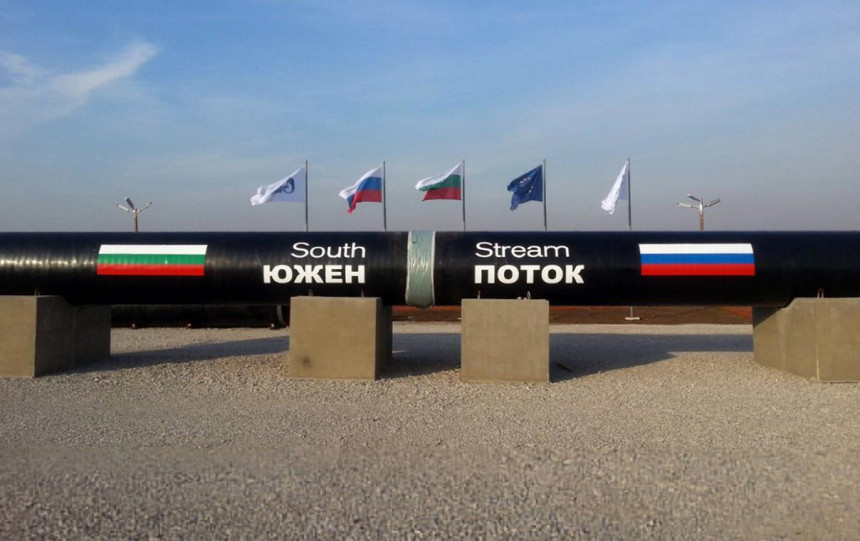
The South Stream project to build a pipeline of over 3,000 kilometers long linking Russia to Europe via Bulgaria and through the Black Sea, will finally see the light of day. This project, initially driven by giant gas suppliers Gazprom, ENI, EDF and Wintershall, should ensure the supply of gas to Europe bypassing Ukraine. Tensions between the EU and Russia over the Ukrainian crisis has forced Gazprom to abandon the project. Having renounced the Nabucco project -another anxiously-awaited pipeline project- What are the alternatives?
Will the European Union be dependent on Russian gas?
It is a fact that Europe needs Russian natural gas -currently, the EU imports 66% of its natural gas consumption-, knowing that 39% of imports come from Russia (2013), through a single player: Gazprom. Globally, the natural gas needs of the Union will continue to grow with an average increase of consumption of around 3% annually. It is estimated that in 2010, 80% of its gas consumption will be imported.
However, the dependence of EU countries Russia is not homogeneous. Some, including former members of the Soviet bloc, rely heavily on Russian gas: Latvia (73%), Lithuania (79%), Poland (71%), Czech Republic (93%), Slovakia (92%) and Germany (44%) and Italy (36%). Other EU countries have only a relative dependency. This is the case of France, for example, where gas imports from Russia represent only 18%.
These differences affect political dependence and relations of the EU with Russia, which naturally complicates the possibilities of developing a unified European position towards Russia. Russia wants to maintain bilateral relations with EU countries without passing through Brussels. With the Ukrainian crisis the subject of energy security of Europe has returned to centre stage.
Will we experience a shortage of gas?
The challenge of European energy security is to ensure that EU energy is never lacking and therefore tries to reduce supply risks.
What if Russia decides to stop supply of natural gas to Europe; what if they close the taps? The question is not yet a current one. The EU has foreseen such a scenario and has placed the issue at the centre of its priorities, since some years ago. It must be noted that the situation is far from stable in light of past conflicts regarding the supply of natural gas between Ukraine (gateway to Europe for more than 50% of imports from Russia) and Russia. To get an idea, suffice to recall the previous gas wars in 2005, 2007 and 2008. That is, that the EU should be on guard. What are the ways envisaged?







